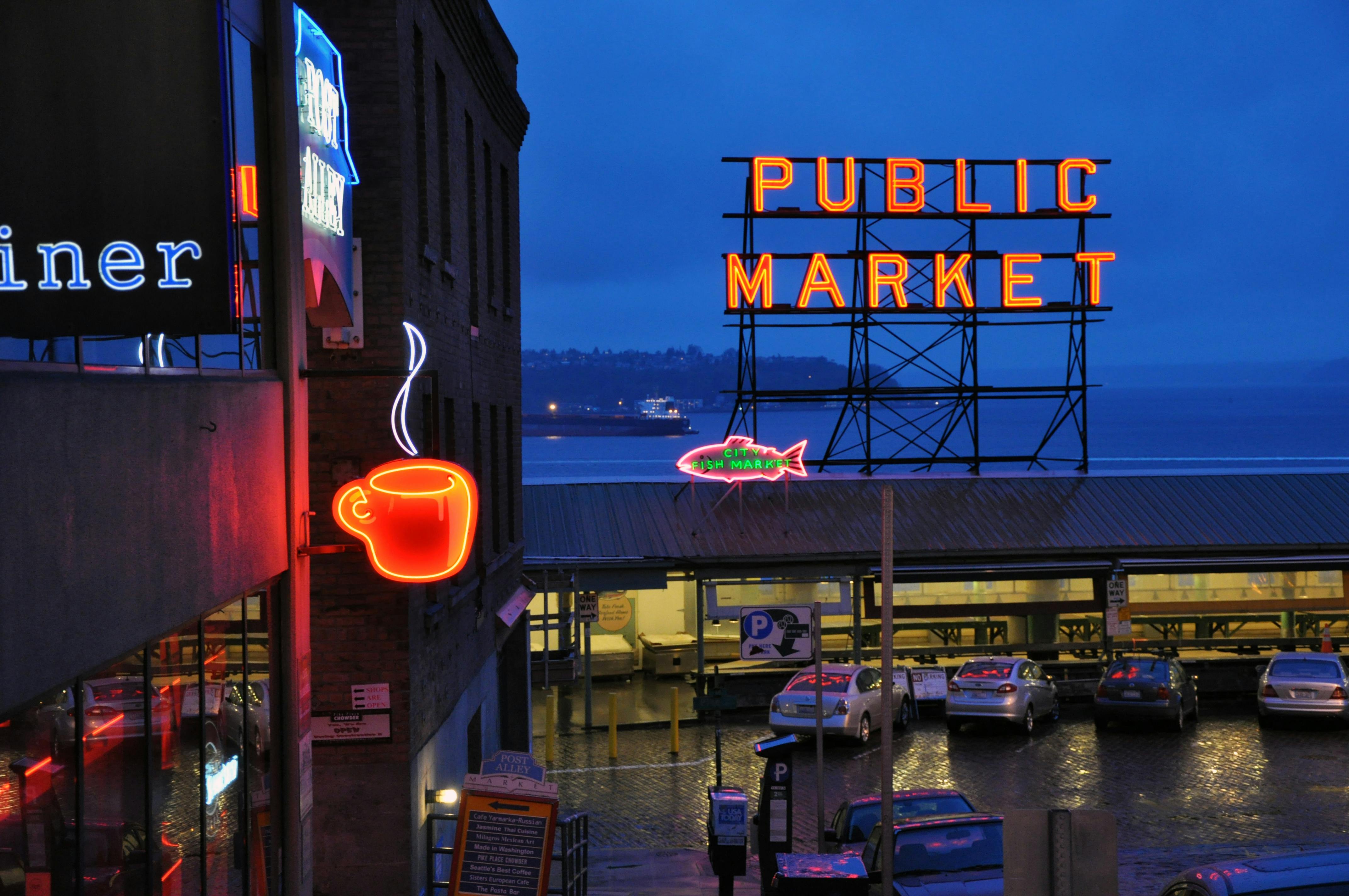
Silestone, Corian and Other Countertops
admin
- 0
Each of the custom kitchen countertops has its own specific attributes. I’d like to explain why we offer the selection of surfaces we do and look at, for example, the differences between Corian and quartz countertops and hope this helps. when choosing the right surface for your own countertop projects.
The world of countertops is a place of confusion and it is our goal not only to make solid surfaces like Silestone, Corian and the more recently introduced quartz countertops more affordable, but to explain the differences to kitchen buyers who often don’t they have no doubt. which choice is right for them.
Let’s start with Silestone, manufactured and distributed by the Spanish company Cosentino. The surface is perhaps the best known quartz countertop and a consistent and effective dealer marketing strategy has worked well to earn its place as the top ranked surface in its class. It is, like its contemporaries Caesarstone and Compac, a quartz or engineered stone surface made up of more than 90% quartz crystals combined with polyester resin, color pigments and, for its Stellar range finishes, mirror fragments. .
These materials are compacted under high pressure and constant temperature to produce blank slabs ready for distribution to manufacturers. Most identifiable by its brand recognition, Silestone is often considered a unique type of bespoke surface, but it is manufactured using the same process used to manufacture other quartz surfaces and is distinguished from them by the inclusion of Microban, the antibacterial compound. Popular with specifiers and homeowners, the color palette includes a wide variety of colors and finishes that are popular with buyers. Silestone enjoys a great reputation among manufacturers and buyers alike, but my own opinion is that the surface is no safer than any other we sell.
To dispel a common belief among many consumers, all quartz countertop applications will have visible joints unless installed in a straight line configuration of no more than 3010mm in length. Certain Silestone colors are available in 3200mm lengths, but when joined to a return countertop in an L-shaped or U-shaped configuration or as a butt joint in lengths longer than the length of the slab, the joints will be obvious but will be as inconspicuous as possible by experienced fitting. teams
Within the family of quartz countertops is Compac and, like Silestone, it is manufactured using the same process as other established quartz surfaces and comes with a 10-year manufacturer’s guarantee.
Since the black countertop is and has long been the color most in demand by buyers, there are plenty of dark tones to choose from if you decide on any quartz surface for your project.
To recap here –
Silestone countertops and all quartz countertops have visible joints similar to granite countertops, unlike granite, they are non-porous and require little routine maintenance other than cleaning with a vinegar and water solution. Dried-on spots will require a little more work, so it’s important to clean up any spills right away, and remember to never place hot pans directly on the counter, regardless of what you’ve been told. Always use a pan rest or better yet consider installing pan rests on sold surface countertops.
Corian countertops
Moving on to Corian® countertops, the surface is, in my opinion, the premier acrylic solid surface and the most recognizable name in all kitchen countertops. Corian® is a solid, non-porous surface material, homogeneously composed of ±33% acrylic resin (also known as polymethyl methacrylate or PMMA) and ±66% natural minerals. These minerals are composed of aluminum trihydrate (ATH) derived from bauxite, a mineral from which aluminum is extracted. What makes Corian our only Solid Surface choice are the regulatory constraints that govern the distribution, manufacturing and installation of the product. In essence, this means that whoever you choose to purchase your Corian countertops must have the defined and certified authority to manufacture and install them.
Otherwise, your surfaces will not be subject to a valid warranty from the parent company DuPont. Therefore, it is important to validate that the chosen manufacturer is a member of the DuPont approved manufacturer/installer network. Corian’s design capabilities are endless and the material can be thermoformed into any shape or radius. This, along with the virtually seamless joints and sinks, is primarily the reason for its great popularity with buyers and is what sets the surface apart from quartz or granite countertops. Black colours, although many are available in the Corian color palette, are not recommended for use as a residential kitchen countertop and if you opt for a black finish you will be required to sign a disclaimer renouncing the warranty 10-year residential offered by DuPont. for its residential color palette.
The reason: Dark, highly pigmented Corian® colors will show scratches, dust and normal wear and tear more easily than lighter, more textured countertop colors and are not recommended for the heavy use a kitchen countertop might be subjected to. Darker Corian colors that are subject to DuPont’s warranty include Corian Midnight, Corian Mardis Gras, and Corian Silt.
As a member of the solid surface family, Corian countertops have the distinction between countertop types of being fully repairable in the event of accidental damage, so they can be restored in the event of such an event, another reason of its great popularity. Corian, like quartz, is a non-porous countertop. However, it is a softer material than quartz and more care must be taken with the surface when used as a work surface to avoid scratches. To repair scratches in Corian, abrasive pads are available and more information on the care and maintenance of your Corian countertops can be found on the DuPont website.

